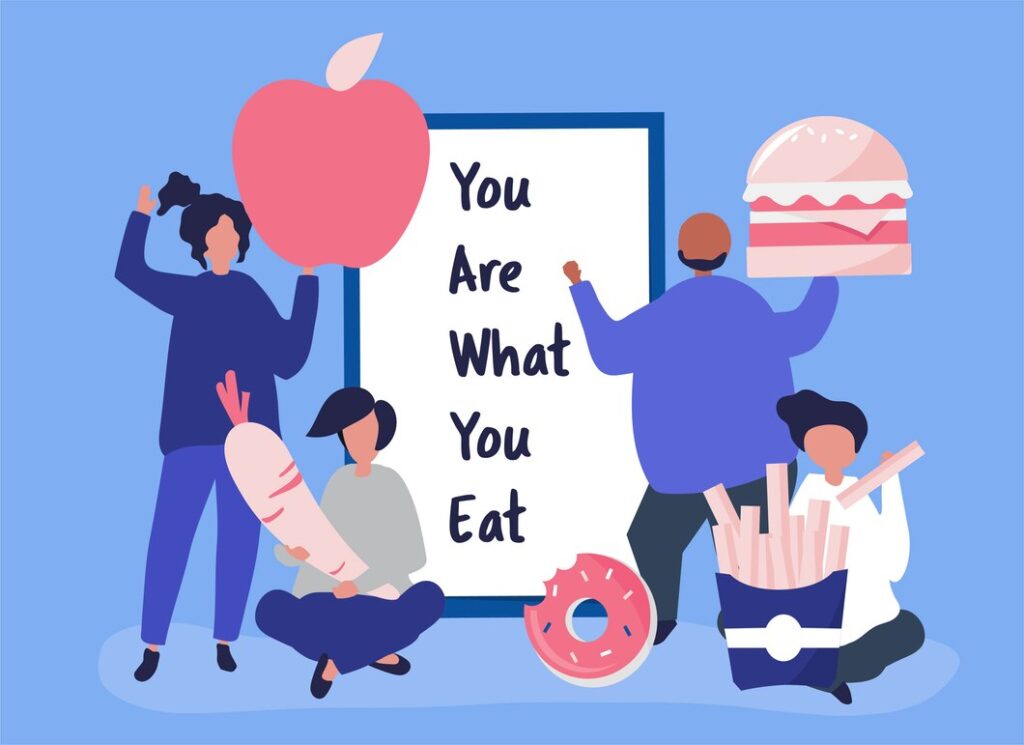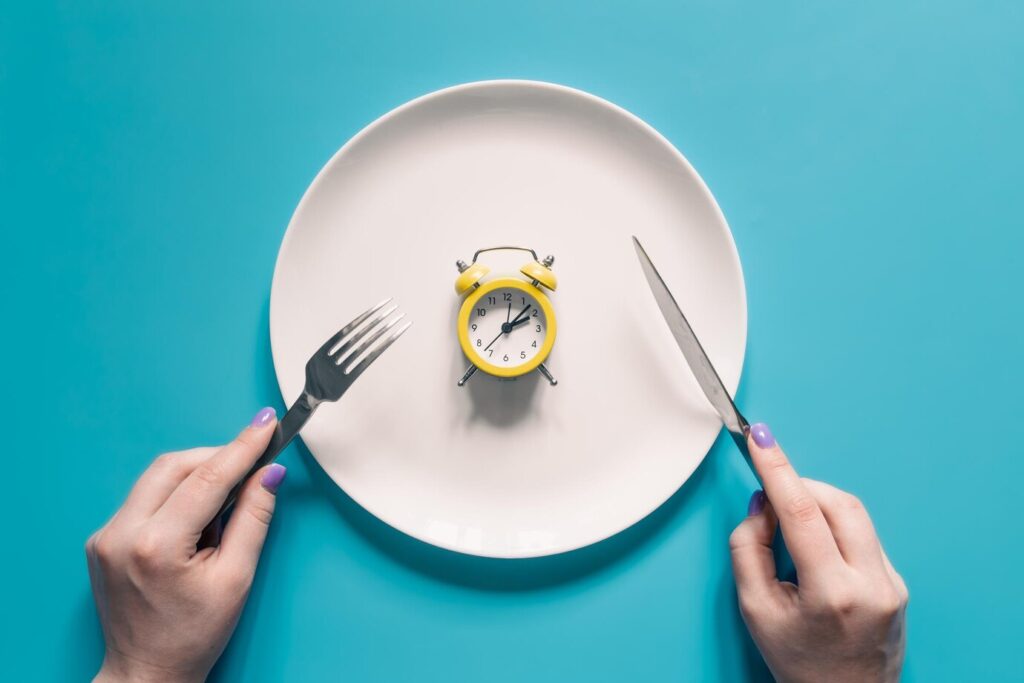Table of contents
- Understanding Appetite and the Endocannabinoid System
- How CBD May Affect Appetite
- What the Research Says
- Best Ways to Use CBD for Appetite Regulation
- Is CBD Safe for Appetite Regulation?
- Who Might Benefit From CBD and Appetite Regulation?
- Final Thoughts: Can CBD Help Regulate Appetite?
- FAQs About CBD and Appetite Regulation
In recent years, CBD (cannabidiol) has emerged as a popular natural wellness solution, with a wide range of potential benefits — from pain relief to anxiety reduction. One particularly intriguing area of research is CBD and appetite regulation. While THC (tetrahydrocannabinol), the psychoactive compound in cannabis, is known to increase appetite (aka the “munchies”), CBD behaves differently.
So, can CBD suppress hunger, increase appetite, or help balance eating habits? In this blog post, we’ll break down the relationship between CBD and appetite regulation, what science says, and how you can potentially use CBD to support healthy eating behavior.
Understanding Appetite and the Endocannabinoid System
Before diving into how CBD affects appetite, it’s important to understand the role of the endocannabinoid system (ECS). The ECS is a complex network of receptors, enzymes, and endocannabinoids found throughout the body. It plays a critical role in regulating numerous physiological processes — including mood, sleep, pain, and appetite.
Two key receptors in the ECS are CB1 and CB2:
- CB1 receptors, found mostly in the brain, influence hunger and satiety.
- CB2 receptors are primarily located in the immune system and peripheral organs, helping regulate inflammation and immune response.
THC binds directly to CB1 receptors, triggering an increase in appetite. CBD, however, doesn’t directly bind to CB1 or CB2. Instead, it interacts more subtly with the ECS to modulate their activity — which is why CBD and appetite regulation is a more nuanced relationship.
How CBD May Affect Appetite

CBD may not give you the munchies like THC, but that doesn’t mean it has no effect on hunger. Here are a few ways CBD might influence appetite:
1. Balances Appetite Rather Than Stimulates It
Unlike THC, which often increases appetite, CBD appears to help regulate it — meaning it may either reduce or enhance hunger based on your body’s needs. Some users report decreased cravings, while others say CBD helps stimulate a healthier appetite, especially when dealing with stress or illness.
2. Supports Gut Health and Digestion
Digestive issues often impact appetite. CBD’s anti-inflammatory and gut-soothing effects may improve digestion and help people feel more comfortable eating regularly.
3. Reduces Stress and Emotional Eating
Stress and anxiety are major triggers for overeating or loss of appetite. CBD has shown promise in reducing cortisol levels and promoting calmness, which can help prevent emotional eating or lack of hunger due to stress.
4. Influences Metabolism
Some early research suggests that CBD may aid in fat browning (turning white fat into energy-burning brown fat), possibly supporting weight regulation, which is closely tied to appetite balance.
What the Research Says

While studies on CBD and appetite regulation are still evolving, here’s what current research and anecdotal evidence show:
- A 2011 review in Neuroscience & Biobehavioral Reviews found that CBD reduces appetite in rats, especially when paired with a high-fat diet.
- A 2018 study published in Molecular and Cellular Biochemistry suggested that CBD could influence fat metabolism and reduce body weight.
- User reviews and testimonials often mention CBD helping with consistent eating habits, especially for those dealing with anxiety or chronic conditions that suppress hunger.
Still, it’s important to note that individual responses vary, and more human clinical trials are needed for definitive conclusions.
Best Ways to Use CBD for Appetite Regulation
Choosing the right form and dosage of CBD depends on your goals and lifestyle. Here are common methods:
- CBD Oil/Tinctures: Easily absorbed and allows for flexible dosing.
- CBD Capsules: Convenient and precise, ideal for daily use.
- CBD Gummies/Edibles: Tasty and easy to incorporate into routines.
- CBD Vapes: Fast-acting, but may not be suitable for everyone.
Suggested Dosage
Start with a low dose (5–15 mg daily) and increase slowly over a week or two. Tracking your appetite and mood in a journal can help determine if it’s working for you.
Is CBD Safe for Appetite Regulation?
Yes, CBD is generally considered safe for most people. Side effects are rare but may include:
- Dry mouth
- Drowsiness
- Mild nausea
- Appetite changes (either increase or decrease)
It’s best to consult a healthcare provider before starting CBD, especially if you’re taking medications or managing chronic health conditions.
Who Might Benefit From CBD and Appetite Regulation?
CBD may be particularly helpful for:
- People with anxiety or depression affecting appetite
- Those recovering from illness and needing to stimulate hunger
- Individuals with digestive disorders like IBS or Crohn’s
- Anyone struggling with emotional eating
- People seeking natural support for balanced weight management
Final Thoughts: Can CBD Help Regulate Appetite?
While more studies are needed, emerging evidence and user experiences suggest that CBD and appetite regulation go hand in hand. Unlike THC, CBD doesn’t simply increase hunger — instead, it works with your body to support balance. Whether you’re looking to curb emotional eating, stimulate your appetite after illness, or just support your overall wellness, CBD could be a valuable addition to your health routine.
As always, consult with a healthcare professional before incorporating CBD, especially if you’re on other medications or managing a medical condition.
FAQs About CBD and Appetite Regulation
CBD doesn’t directly stimulate appetite like THC. Instead, it helps regulate appetite — which means it might reduce hunger in some and increase it in others based on individual needs.
CBD may support weight management by reducing inflammation, supporting fat metabolism, and curbing emotional eating, but it’s not a magic weight-loss solution.
CBD may help reduce anxiety and promote a more balanced relationship with food, but it should never replace professional treatment for eating disorders.
This depends on the method of consumption. Oils and vapes may act within 15–45 minutes, while edibles can take 1–2 hours.
Yes, many users find CBD helpful for improving appetite when recovering from illness, especially if nausea or stress is involved.






I’m curious to find out what blog platform you happen to be utilizing? I’m experiencing some minor security problems with my latest blog and I would like to find something more safeguarded. Do you have any recommendations?